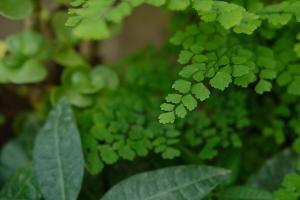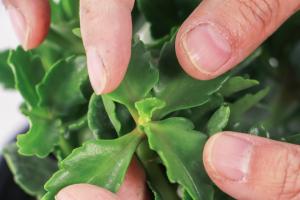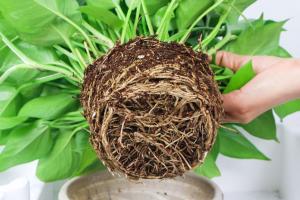When Do You Plant Fruit Trees in Pennsylvania?
Pennsylvania is well-known for its apple orchards, but the state also grows a wide variety of other fruit trees. If you're thinking about starting a fruit orchard of your own or just adding a fruit tree or two to your yard, you'll need to know when to plant. Timing is crucial, as it can affect the success of your crop. Here's some information about when to plant fruit trees in Pennsylvania.
Spring vs. Fall Planting
When it comes to planting fruit trees in Pennsylvania, there are two common times of year to plant: spring and fall. Spring planting typically happens between April and May, once the ground has thawed and the soil has dried out a bit. In the fall, planting usually takes place between September and October, after the hot summer weather has passed and before the ground freezes.
There are pros and cons to each planting season. Spring planting allows roots to establish more quickly, thanks to warmer temperatures and ongoing spring rains. Trees planted in the spring can also benefit from the longer growing season. However, there's also a risk of late frosts, which can damage or kill your newly-planted trees.
Fall planting, on the other hand, can give trees a head start in the spring. They'll have established roots before winter, which can mean healthier, more vigorous growth in the next growing season. In the fall, the cooler weather is also less stressful on young trees than hot summer temperatures. However, planting too late in the fall can mean that the roots don't have enough time to establish before winter hits.
Choosing the Right Trees
When deciding what fruit trees to plant, make sure you choose species that are appropriate for Pennsylvania's climate. For example, apples, pears, peaches, and cherries all grow well in the state. However, you'll want to choose specific varieties that are known to grow well in the region. You can talk to local nurseries or orchards to get recommendations based on the specific conditions of your site.
Preparing the Site
Before you plant your fruit trees, it's important to prepare the site properly. This means clearing the area of any grass, roots, or rocks that could interfere with the roots' growth. You'll also want to add plenty of organic matter to the soil to improve its structure and fertility. For fall planting, you can also spread a layer of mulch over the soil to protect the roots over the winter.
Planting the Trees
When it comes time to plant, dig a hole that's deep enough for the root ball and wide enough to give the roots plenty of room to grow. Make sure you set the tree in the hole at the same depth it was growing in its nursery container, and then backfill the hole with soil, pressing down firmly to eliminate any air pockets. Water the tree thoroughly and mulch around the base to help retain moisture.
Caring for Your Trees
Once your fruit trees are in the ground, it's important to care for them properly to ensure their success. This means watering them regularly, especially during the first growing season, to help them establish deep, healthy roots. You'll also want to fertilize trees periodically to ensure they get the nutrients they need. Pruning is also important for shaping the tree and promoting strong, healthy growth.
Overall, planting fruit trees in Pennsylvania can be a fun and rewarding project. By deciding on the right season, choosing the right trees, preparing the site, and caring for your trees properly, you can enjoy a bountiful harvest for years to come.

 how many times do yo...
how many times do yo... how many planted tre...
how many planted tre... how many pine trees ...
how many pine trees ... how many pecan trees...
how many pecan trees... how many plants comp...
how many plants comp... how many plants can ...
how many plants can ... how many plants and ...
how many plants and ... how many pepper plan...
how many pepper plan...

































